How much does it cost to run a washing machine?
We've calculated how much money your washing machine will cost to run according to the latest energy prices

Holly Cockburn
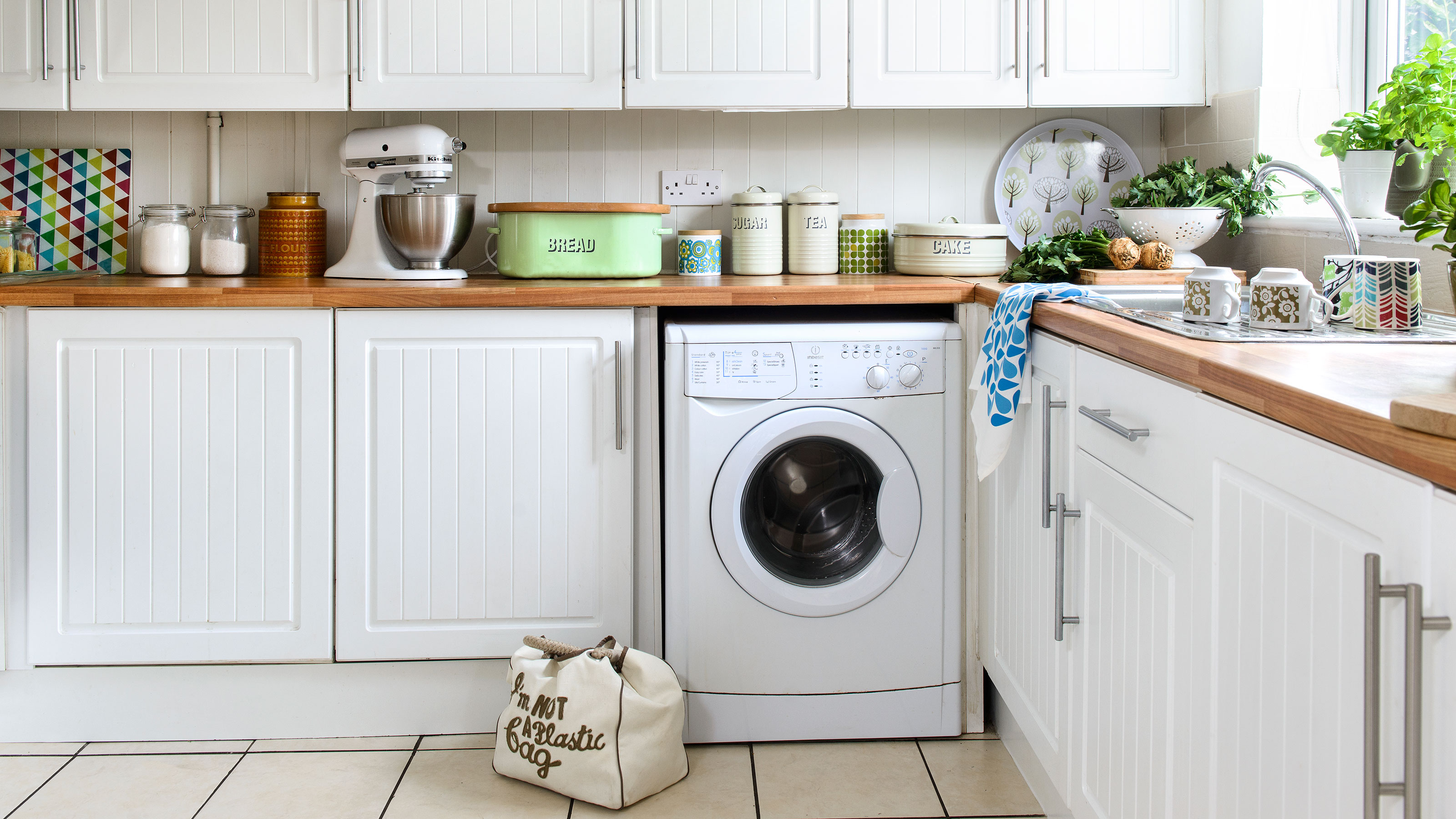
This article has been updated to calculate the running costs based on the January 2025 Energy Price Cap. It has also been fact-checked and any out-of-date information removed.
The humble but hard-working washing machine is one of the most frequently used appliances in the home. But before you pop on yet another load, have you ever stopped to think how much it costs to run a washing machine, and the price you pay for clean clothes?
Anyone with a smart meter will know that these demon spinners can gobble up quite a bit of energy as they take your smelly, stained laundry and return it fresh, clean, and ready for another round of life’s messes. But while we're always looking for ways to save energy at home, ditching your washing machine isn't a viable option – and using one is certainly going to cost less than buying a new wardrobe every week.
Still, it can help to know how much energy your washing machine uses and what this is costing you. It could prompt you to use it less often, or at a lower temperature, or even so we've broken it down and done some example calculations based on the new energy price cap.
How much does it cost to run a washing machine?
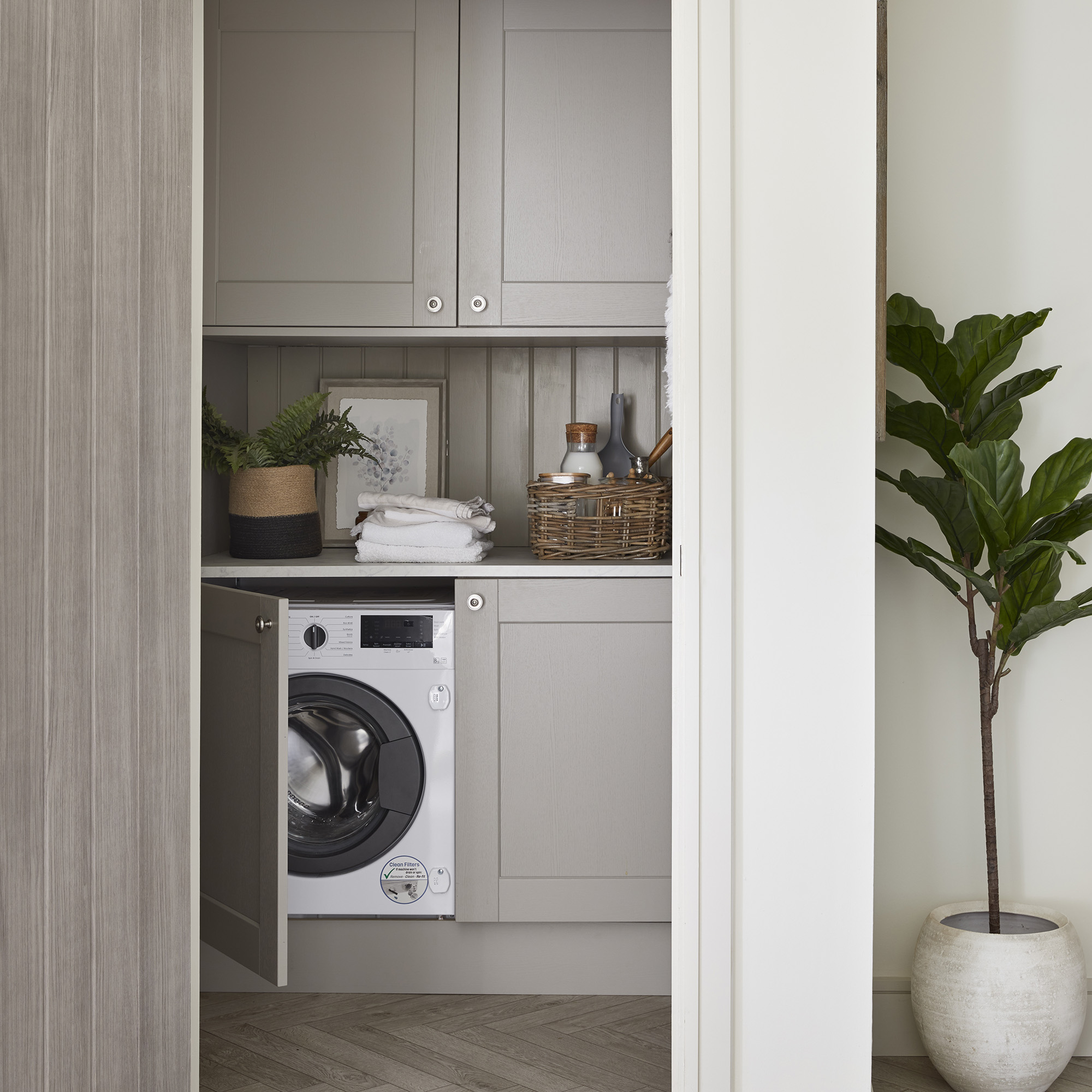
The answer to 'how much does it cost to run a washing machine?' will depend on a number of variables, such as the model, size, and setting you use in your kitchen or utility room. For instance, washing your clothes at lower temperatures will use less electricity, because less energy will be needed to heat up the water.
There is a simple calculation you can do which will tell you how much electricity your washing machine uses per hour.
Your washing machine should have the wattage printed on it or in the instruction pamphlet. Divide the wattage by 1000 to find out how many kilowatts are used in an hour (kWh).
For example, a 1400W washing machine uses 1.4kW of electricity in an hour (kWh).
Sign up to our newsletter for style inspiration, real homes, project and garden advice and shopping know-how
Another tool which will help with this are energy monitoring plugs, from £6.99, Amazon.
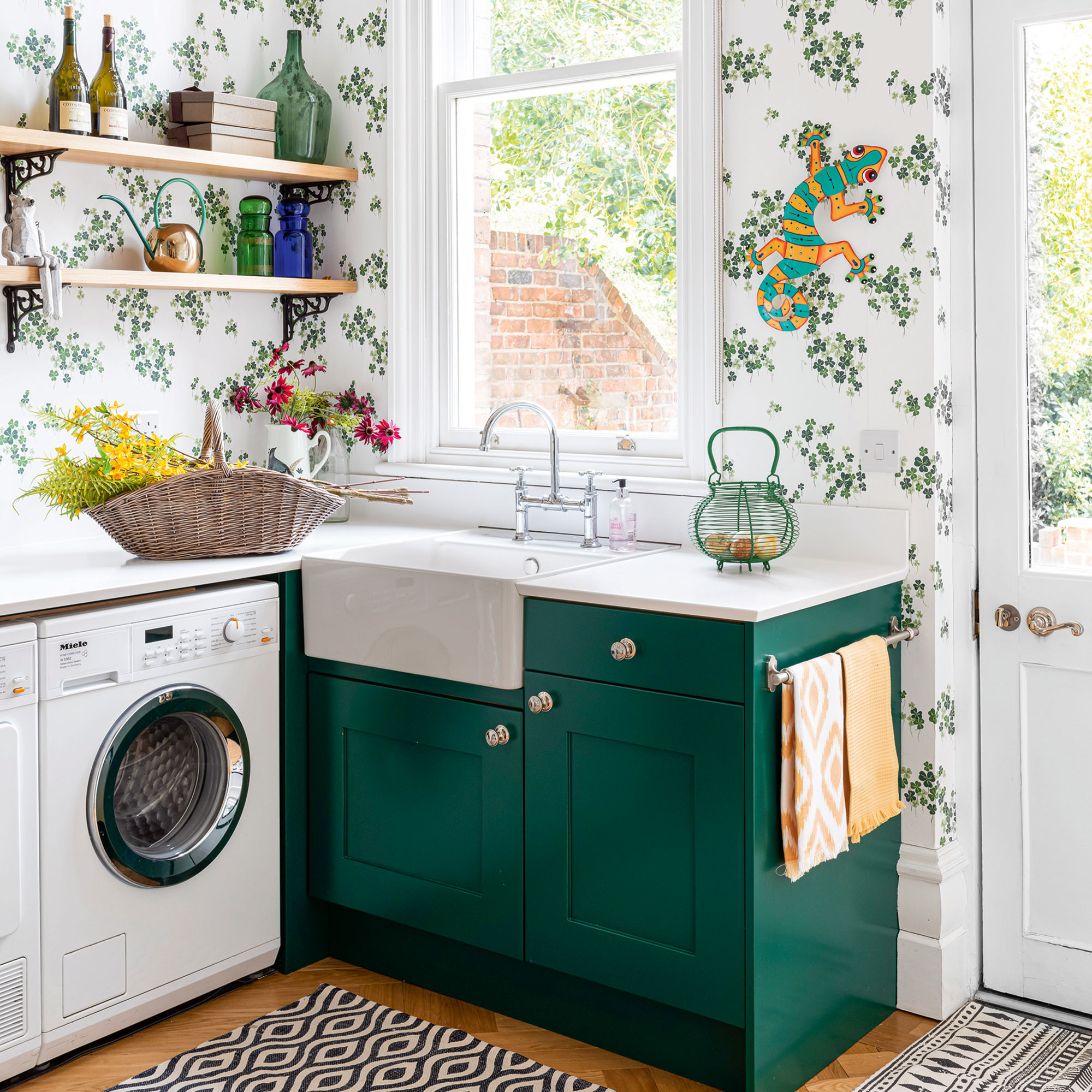
Washing machines can vary in power from anything between 300 and 2100W. The lower the wattage, the less electricity the machine will use and the cheaper the answer to how much does it cost to run a washing machine will be.
'Washing machines are also given an energy efficiency rating which ranges from A+++ which are the cheapest to run and the most environmentally friendly, down to G which is the least efficient and uses a higher amount of kWh', explains Les Roberts, Content Manager, BIONIC. 'The energy rating of a machine should be printed on the energy label of the device.'
The energy efficiency of your appliance will dramatically influence how much electricity does a washing machine use. Machines with higher grades use less electricity per cycle and so will be cheaper. Generally speaking, older machines tend to be less energy efficient, so it might be worth upgrading if you've had your washer for more than 10 years.
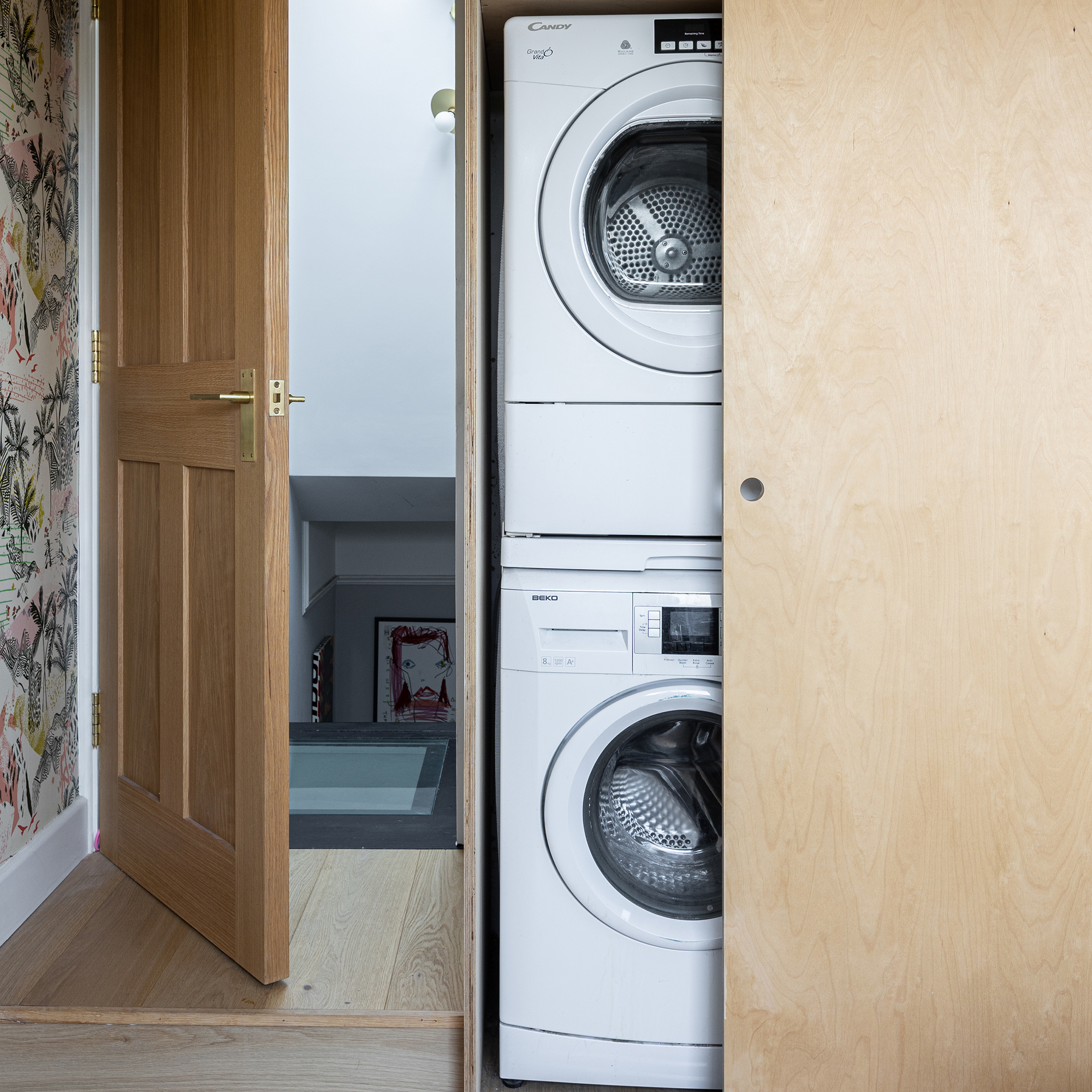
Once you know the kWh your washing machine uses, you can work out how much does it cost to run a washing machine on an hourly rate. You'll need to know what your energy provider charges you for electricity per hour, which you can find on your energy bill.
Following the latest energy price cap announcement, dual fuel customers who pay their energy via direct debit pay an average of 24.86p per kWh for electricity as of January 2025. With that in mind, we've used this rate to do some calculations on how much some example washing machines will cost to run following the price cap increase.
We based our calculations on a washing machine being used on an average of three times a week, so depending on how often you do your laundry, your costs may differ.
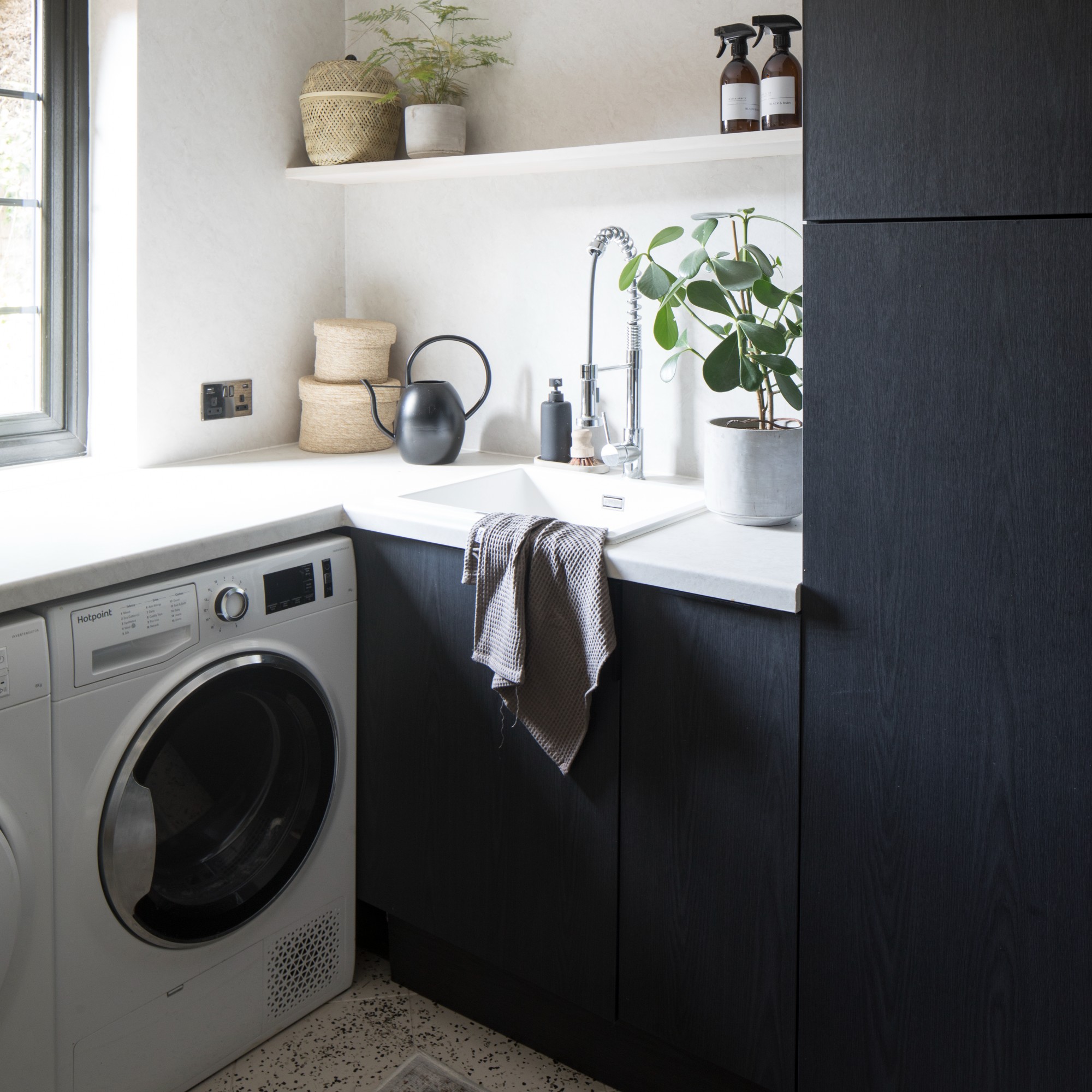
- An example 300W washing machine run for one hour, three times a week, will cost 22p per week, 97p a month, and £11.63 per year.
- An example 1400W washing machine used for one hour, three times a week, will cost £1.04 per week, £4.52 per month, and £54.29 per year.
- An example 2100W washing machine used for one hour, three times a week, will cost just under £1.57 per week, £6.79 per month, and £81.44 per year.
The formula we've used is based on a typical wash cycle of 1 hour, at a temperature between 30 and 40 degrees. Wash cycles that take longer, or use higher temperatures, will cost more, as will machines that are being used more frequently than three times a week.
These calculations should give some idea of how much your washing machine will cost following the energy price cap increase that's affecting utility bills, but you can work out the cost of your specific machine by multiplying the kWh (energy used per hour) by 0.2486. This will give you the hourly rate, so then multiply this number by how many hours you use your washing machine per week. You can work out how much does it cost to run a washing machine in terms of monthly and yearly rates from there.
What impacts the cost?
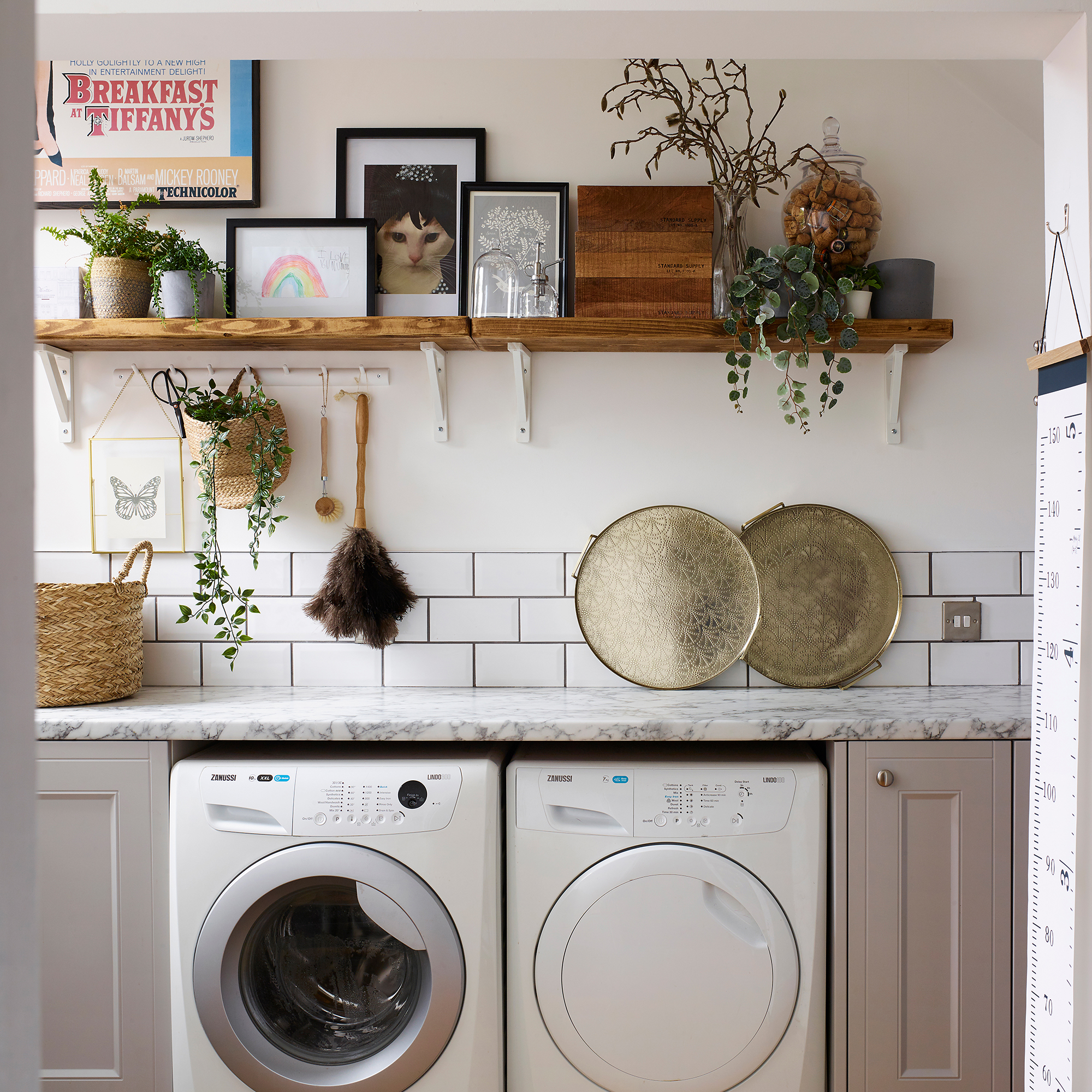
Variables that influence the how much does it cost to run a washing machine include the cycle length, temperature of wash, and how much electricity the machine uses. Washing machines with a higher wattage use more energy and therefore will cost more, as will washing at higher temperatures and for longer periods of time.
How much electricity does a washer use?
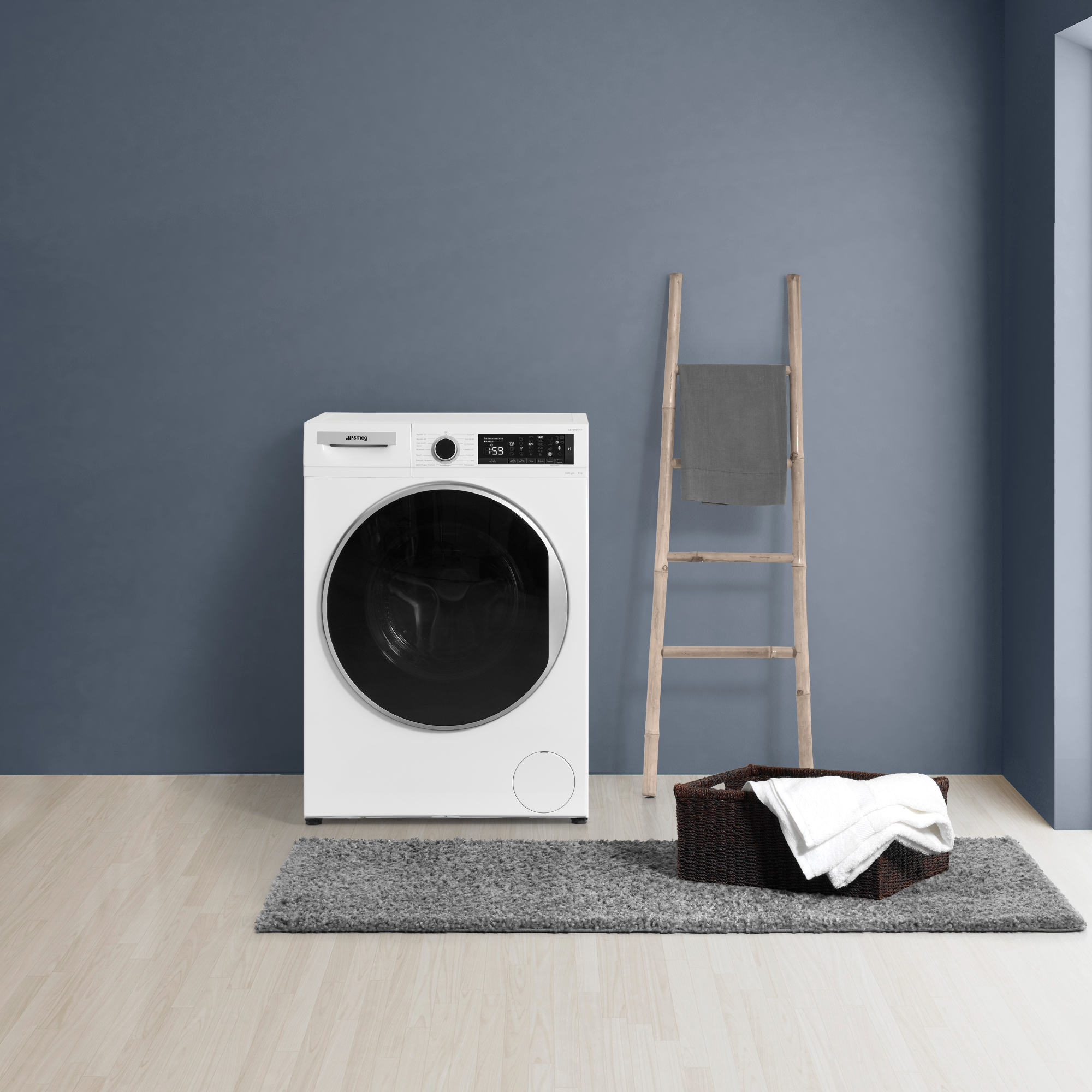
While the price cap may change, the amount of electricity your washer uses will not. How much energy does a washing machine use is determined by its wattage, which can range from anywhere between 300W and 2100W. Your machine's wattage should be easy to find; it will be on the machine itself or in the user manual.
Divide your machine's wattage by 1000 to convert to kilowatt-hours (kWh). This figure tells you exactly how much electricity your washer uses per hour. Machines with a higher rate of kWh may be more powerful, but they use more energy and therefore cost more.
Your machine's kWh can fluctuate depending on the cycle you use. Cycles with higher temperatures require more energy to heat up the water. Some companies will tell you the machine's energy use for each cycle, so it's worth researching online or checking the user manual.

Katie has been writing freelance since early 2022, specialising in all things homes and gardens, following achieving a Masters in Media and Journalism. She started out writing e-commerce content for several of Future’s interior titles, including Real Homes, Gardeningetc, Livingetc, and Homes and Gardens. Since then she’s been a regular contributor on Ideal Home’s digital team, covering news topics, how-to guides, and product reviews.
- Holly CockburnContent Editor